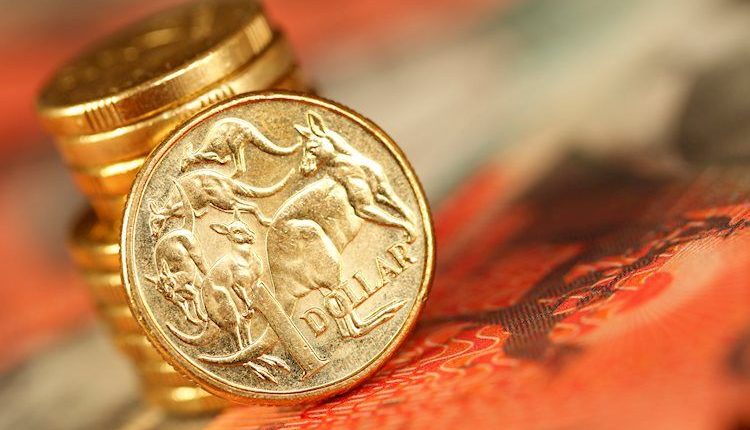- AUD/USD trades in a tight range around 0.6250 with RBA minutes taking centre stage.
- The RBA held its policy rates steady at 4.25% in the policy meeting on December 10.
- Investors shrug off soft US monthly PCE inflation data for November.
The AUD/USD pair trades sideways around 0.6250 at the start of the week. The Aussie pair consolidates as investors await the release of the Reserve Bank of Australia (RBA) minutes scheduled for Tuesday.
In the policy meeting on December 10, the RBA left its Official Cash Rate (OCR) unchanged at 4.35%, as expected, for the ninth meeting in a row. RBA Governor Michele Bullock didn’t guide a specific interest rate cut path and committed to remain data-dependent.
When asked about whether the RBA will start reducing interest rates from February, as expected by market participants, “I honestly don’t know if we’re going to be cutting in February,” Bullock said. She said that the RBA is going to be “looking at the data and be data-driven.”
The speculation about the RBA pivoting interest rate cuts in February was fueled by weaker-than-expected Q3 Gross Domestic Product (GDP) data.
Meanwhile, the US Dollar (USD) advances in European trading hours as investors digest moderate growth in the United States (US) monthly Personal Consumption Expenditure inflation (PCE) data for November. The month-on-month headline and core PCE rose by 0.1%, slower than estimates and their former releases.
The US Dollar Index (DXY), which tracks the Greenback’s value against six major currencies, bounces back above 108.00. The broader outlook for the US Dollar remains firm as Federal Reserve (Fed) officials see fewer interest rate cuts in 2025.
Economic Indicator
RBA Meeting Minutes
The minutes of the Reserve Bank of Australia meetings are published two weeks after the interest rate decision. The minutes give a full account of the policy discussion, including differences of view. They also record the votes of the individual members of the Committee. Generally speaking, if the RBA is hawkish about the inflationary outlook for the economy, then the markets see a higher possibility of a rate increase, and that is positive for the AUD.
Read more.
Read the full article here

